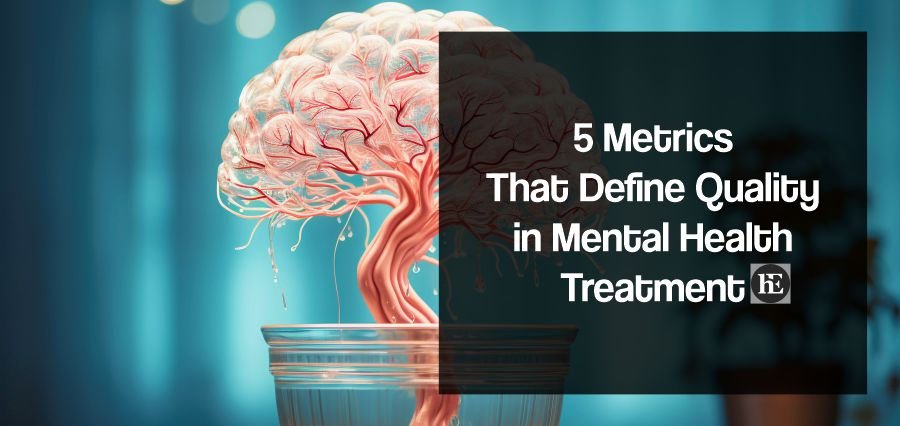The Role of Community Health Workers: Improving Health Outcomes in Marginalized Communities
Community health workers (CHWs) play a vital role in bridging the gap between healthcare systems and underserved populations. These individuals, often from the communities they serve, are trained to provide essential health education, resources, and support, significantly improving health outcomes in marginalized areas.
Understanding the Role of CHWs
A principal element of the role played by CHWs is to help facilitate cross cultural communication between clients and service providers. Some of the tasks of their work involve performing community intervention, education on health promotion, helping patients to find their way through the healthcare system, and support patients with chronic diseases. CHWs assist in developing trust within the community in order to achieve the society’s comfort with seeking medical help.
Addressing Health Disparities
Disparities in health are common specifically in the vulnerable population which is a result of either social, economic drivers, inadequate access to quality health care, or as a result of the social determinants of health. Since, CHWs play a central role in recognizing such disparities as well as employing the needed interventions. For instance they may conduct health fairs, offer diagnosis of different diseases or illnesses, or even embark on nutritional and health awareness. Due to the inclusive nature of the concept, CHWs can change the community and make it aware of change and the sources of health by applying the change specifically for the community.
Enhancing Healthcare Access
Accessibility is undoubtedly one of the biggest challenges to health in vulnerable populations. The following is how CHWs attend to this by providing transport to the medical appointments, arrangement for health insurance and offering guidance to appropriate health plans. Their support can encourage demands for preventive care services to act as a pathway of eradicating chronic diseases that go unreceived due to dearth of facilities.
Supporting Mental Health
Mental health is always considered to be an important aspect of health despite the fact that most minority groups do not give it the attention it deserves. Community health workers continue to offer increased awareness of mental health matters, minimize prejudice and refer individuals with such issues back to healthcare practitioners. It means that they afford an opportunity to talk to people they are close with about their concerns, and can direct them to adhere counseling and support groups.
Evaluating Impact
Many research has indicated that the participation of CHWs has potential to enhance the rate of vaccination, effective control of chronic illnesses, and patient satisfaction. An approach of implementing CHWs into clinical practice teams can decrease the frequent readmissions in hospital and the usage of the ER while lowering the total cost of care.
Conclusion
The community health worker is highly useful in the effort to enhance the health status of the vulnerable groups. The various aspects of CHW means that they actually help to remove barriers to care and educate people enough so that they can trust health care workers. Healthcare is likely to become more complex in the future, and identifying and responding to the necessity of CHWs will be crucial to the effort to deliver health equity for all. This is not only beneficial for one’s health personally but for the future of the community as these contributions add-framework and fabric to areas that otherwise would not be as unified.
Latest Article
-
 Fenugreek Benefits and Uses: Blood Sugar, Hair, Hormones GuideArticle
Fenugreek Benefits and Uses: Blood Sugar, Hair, Hormones GuideArticle -
 11 Questions Life Coaches Ask That Change How You ThinkArticle
11 Questions Life Coaches Ask That Change How You ThinkArticle -
 8 Real Benefits of Life Coaching That Go Beyond MotivationArticle
8 Real Benefits of Life Coaching That Go Beyond MotivationArticle -
 Blaze Schwaller: For Every Person Who Has Ever Felt Too Much, Too FastArticle
Blaze Schwaller: For Every Person Who Has Ever Felt Too Much, Too FastArticle -
 5 Metrics That Define Quality in Mental Health TreatmentArticle
5 Metrics That Define Quality in Mental Health TreatmentArticle
